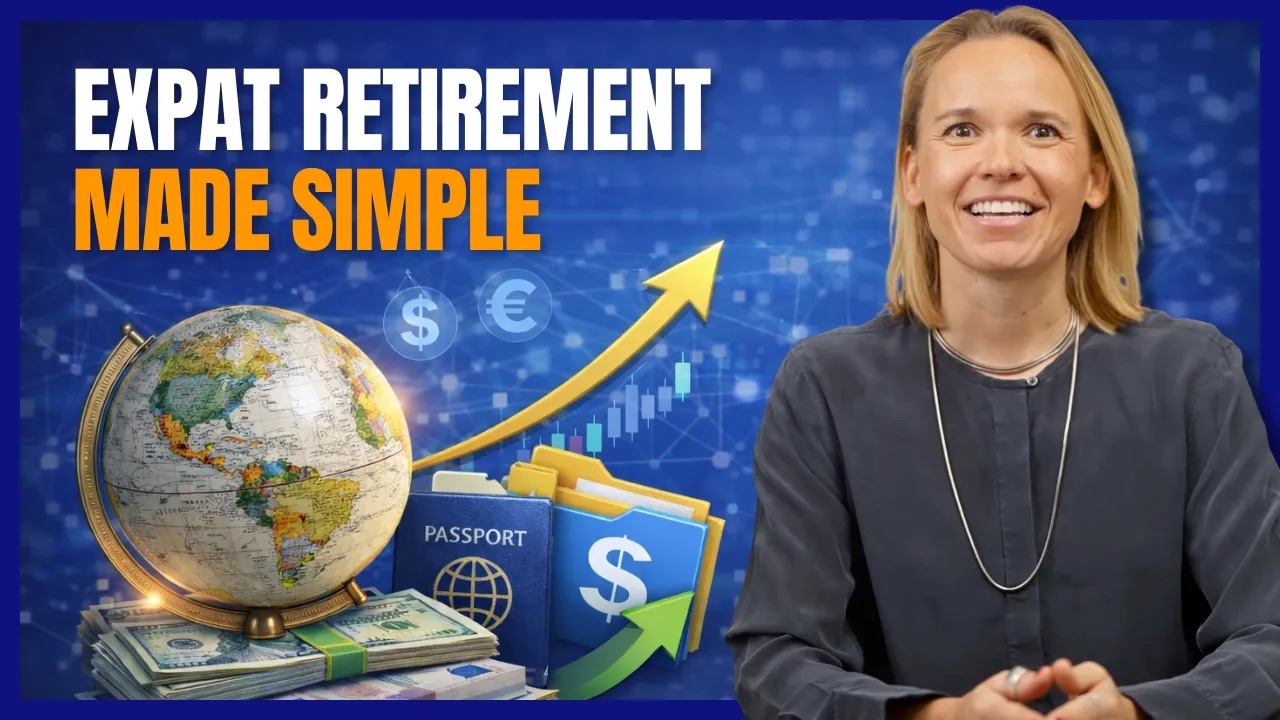TRANSCRIPTION:
If you’re a US citizen or a US permanent resident who has been living and working outside the US and investing your savings through a non-US financial institution, you need to learn what a passive foreign investment company is very quickly. Why? Because the passage of the Foreign Account Tax Compliance Act or FATCA has ushered in a new era of dramatically heightened enforcement regarding taxation of and reporting on investments held outside the US.
Passive foreign investment companies or PFICs sound like some exotic and highly specialized investment, and as a result many Americans automatically assume that they don’t own any. For many unsuspecting Americans abroad, this conclusion is a mistake because PFICs are simply pooled investments registered outside of the United States, encompassing mutual funds, money markets, hedge funds, insurance products, and non-US pension plans. In some cases, a bank account might even be a PFIC if that account is a money market fund rather than simply a deposit account, because money market accounts are essentially short maturity fixed income mutual funds. Furthermore, PFIC rules can and generally do apply to investments held inside foreign pension funds unless those pension plans are recognized by the US as qualified under the terms of a double taxation treaty between the US and the host country. Due to FATCA, the consequences of this mistake have become very significant.
The tax treatment of PFICs is extremely punitive compared to the tax treatment of similar investments that are incorporated in the US. For example, an American holder of a US-incorporated mutual fund invested in European stocks pays the low long-term capital gains rate of 15% if the fund is held for more than one year. The same American investor who buys a nearly identical fund listed in the UK or in Switzerland or any place outside the US will find their investment subject to the PFIC taxation regime, which counts all income including capital gains as ordinary income and automatically taxes it at the top individual tax rate. Furthermore, capital losses cannot be carried forward or used to offset other capital gains.
However, this scary picture raises an obvious question. If this is such a big trap, why has there not been more discussion of the issue? And why have I never heard of it before? The reason is that until now, the IRS faced many obstacles to enforcing the PFIC rules and lacked the resources to go after filers on the issue. But times have changed. The FATCA legislation, passed in 2010, not only requires new self-reporting on PFICs, non-US mutual funds, and other foreign-held financial assets, but also requires all foreign financial institutions to report on the assets held by US citizens and US permanent residents directly to the IRS.
While it may seem hard to believe that foreign financial institutions would willingly comply with such a reporting requirement, the fact is that there has been nearly universal compliance by banks, brokerages, insurance companies, and anything financial around the world because of the severe sanctions the FATCA law imposes on non-compliant financial institutions. The point is that all US citizens must assume that the IRS will have a direct and easily accessible window onto their holdings in foreign financial institutions.
Finally, this issue serves to demonstrate an important point that all American expats need to understand. The complications of international financial planning are magnified by the various tax regimes that cross-border investors face. PFIC rules are just one of many reasons that American investors need to keep their investment funds in US accounts even if they are investing globally. A thorough analysis of the tax cost, reporting, and security issues of foreign investments invariably leads to the conclusion that when it comes to wise and efficient investing, savvy American investors keep their wealth invested globally, but do so through US financial institutions to manage the myriad of tax and regulatory issues, such as considering US-incorporated funds that invest globally.
If you would like more information on this or help from a fiduciary financial adviser who cares, shoot me an email or give me a call to have a friendly chat.





